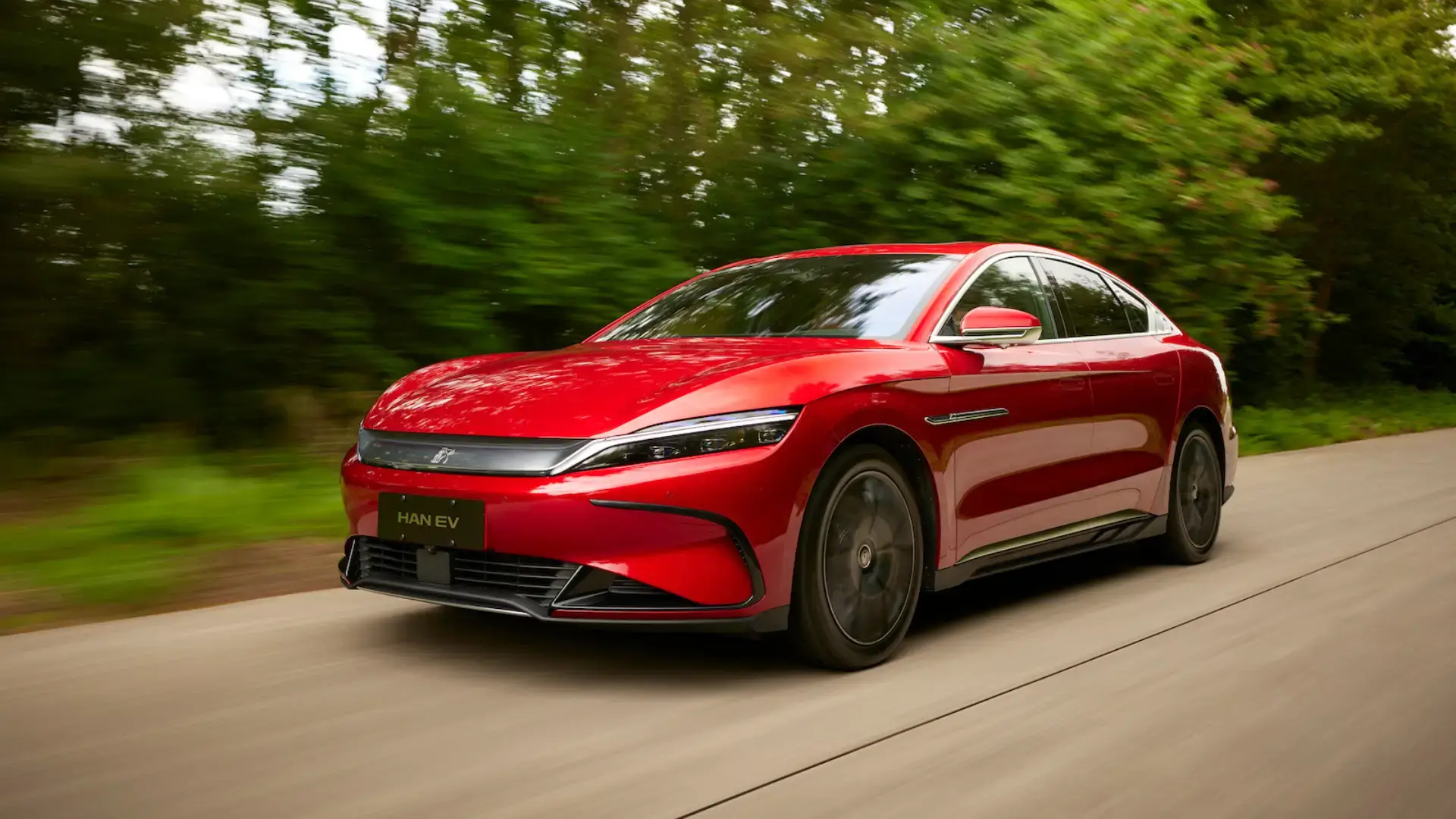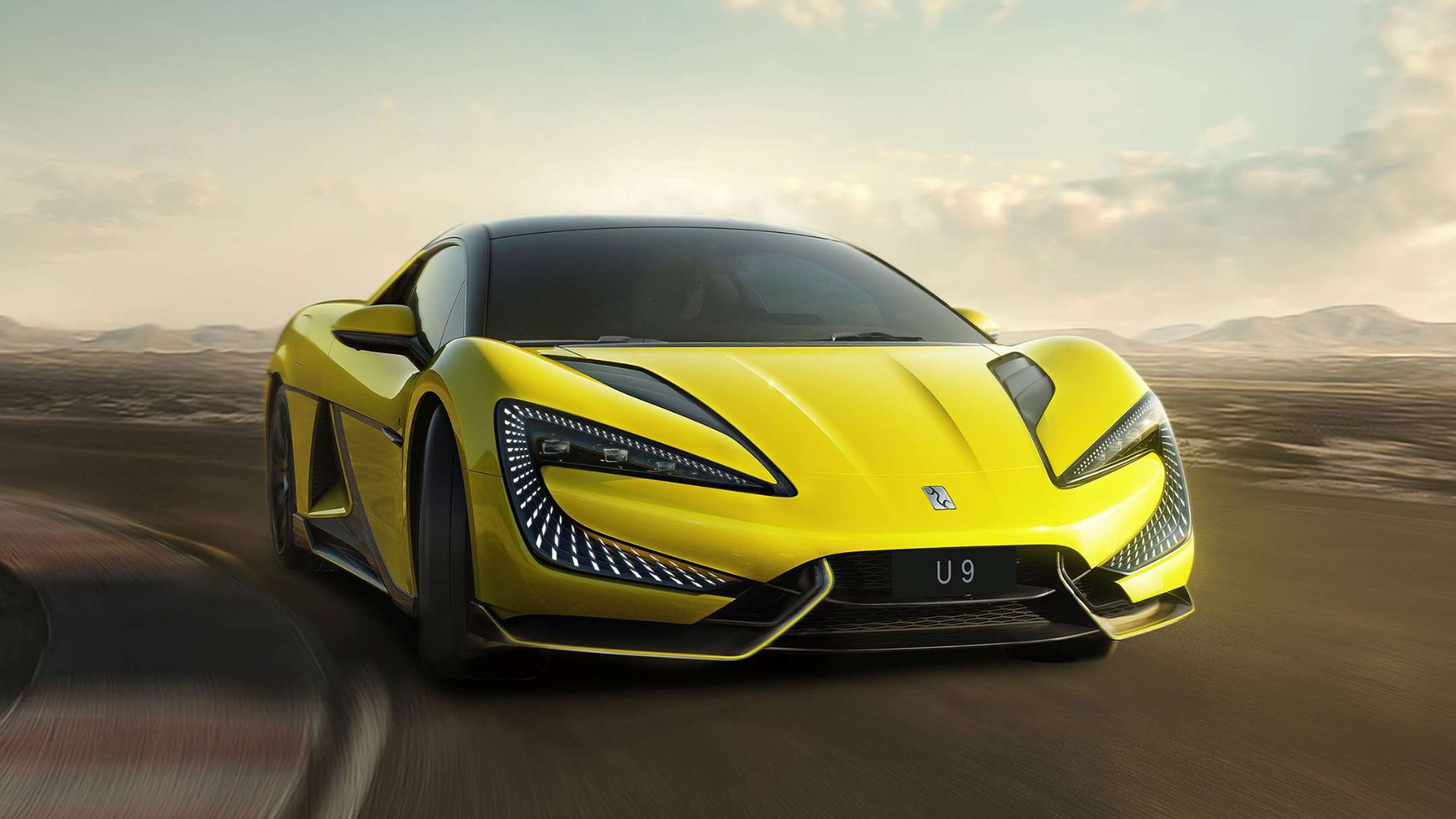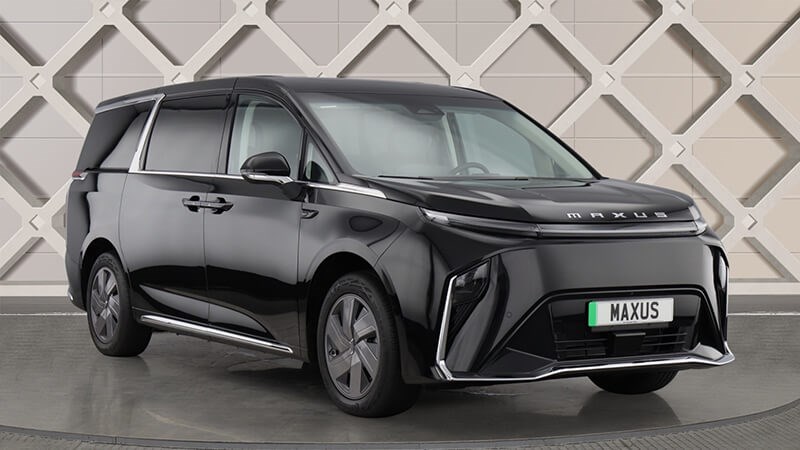Canada imposes a 100% tariff on imported Chinese-made electric vehicles, Following the US
 Canada said on Monday that it will begin levying a 100% duty on electric vehicle imports from China, matching US levies levied over what Western nations claim are improper subsidies from China that give its sector a competitive edge.
Canada said on Monday that it will begin levying a 100% duty on electric vehicle imports from China, matching US levies levied over what Western nations claim are improper subsidies from China that give its sector a competitive edge.According to Trudeau, Canada will levy a 25% tariff on steel and aluminum imports from China. He declared, "Actors such as China have deliberately chosen to give themselves an unfair advantage in the global marketplace." China failed to respond right away.
Tesla is one of the Chinese-made electric vehicles (EVs) that are imported into Canada; however, the American corporation might circumvent the levy by supplying Canada from plants located in Germany or the United States. Tesla manufactures its EVs in Shanghai.
In Canada, Chinese brands are still relatively unknown. But the massive Chinese electric vehicle manufacturer BYD formed a Canadian corporation this spring and has stated that it plans to attempt to join the Canadian market as soon as next year.
Beijing is still trying to recover its economy from the COVID-19 outbreak, so when they speak with Sullivan, Chinese officials are probably going to voice worries about the US tariffs. Major additional duties were imposed by US President Joe Biden in May on Chinese electric cars, solar cells, sophisticated batteries, steel, aluminum, and medical equipment.
Sullivan told reporters on Sunday, "The U.S. does believe that a united front, a coordinated approach on these issues benefits all of us."
According to Biden, Chinese government subsidies for consumer items like EVs guarantee that Chinese businesses don't have to make a profit, providing them an unfair competitive edge in international trade.
EVs can be sold by Chinese companies for as cheap as $12,000. China has enough steel and aluminum mills and solar cell facilities to provide most of the global demand. Chinese officials contend that their production helps facilitate the shift to a green economy and keeps prices low.
Beijing is still trying to recover its economy from the COVID-19 outbreak, so when they speak with Sullivan, Chinese officials are probably going to voice worries about the US tariffs. Major additional duties were imposed by US President Joe Biden in May on Chinese electric cars, solar cells, sophisticated batteries, steel, aluminum, and medical equipment.
Sullivan told reporters on Sunday, "The U.S. does believe that a united front, a coordinated approach on these issues benefits all of us."
According to Biden, Chinese government subsidies for consumer items like EVs guarantee that Chinese businesses don't have to make a profit, providing them an unfair competitive edge in international trade.
EVs can be sold by Chinese companies for as cheap as $12,000. China has enough steel and aluminum mills and solar cell facilities to provide most of the global demand. Chinese officials contend that their production helps facilitate the shift to a green economy and keeps prices low.
Regarding the new tariffs, Trudeau remarked, "We're doing it in alignment, in parallel, with other economies around the world that recognize that this is a challenge that we are all facing." "We must get up unless we all want to end up in a race to the bottom."
Chrystia Freeland, Canada's deputy prime minister, announced that the country will also begin a 30-day consultation period over potential duties on Chinese semiconductors, solar panels, essential minerals, metals, batteries, and battery parts.


Comments
Post a Comment